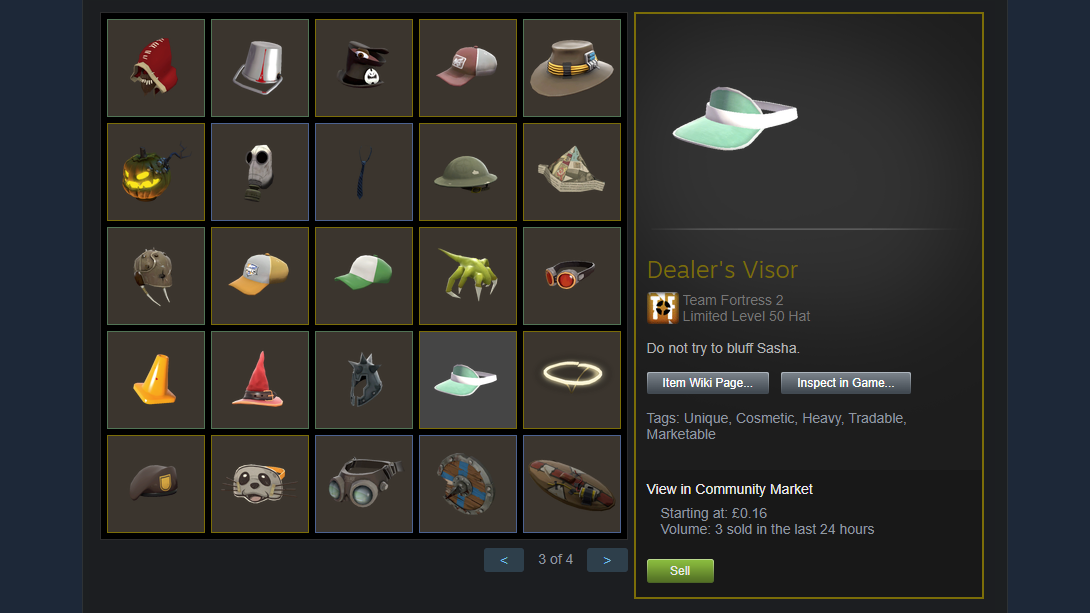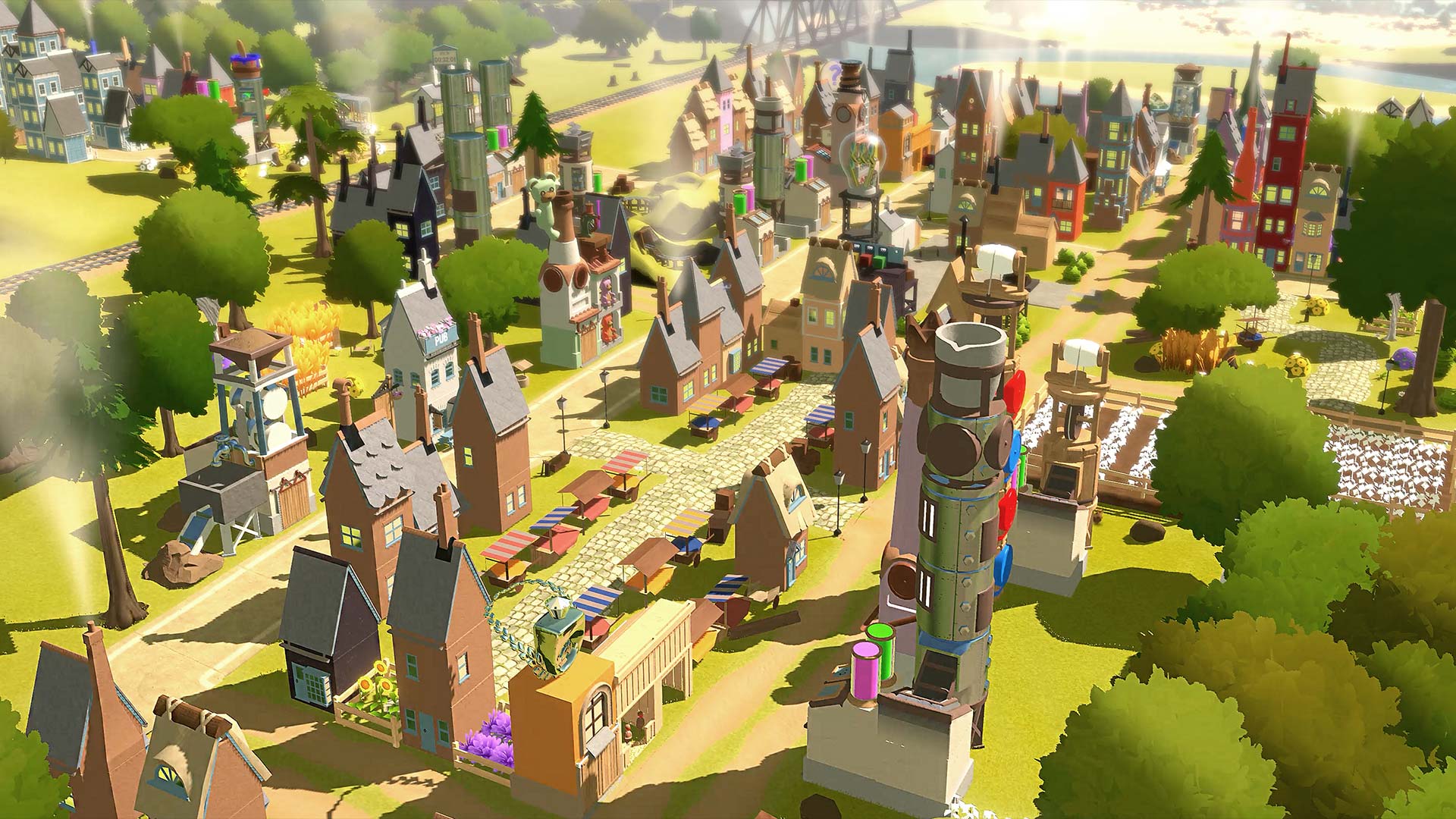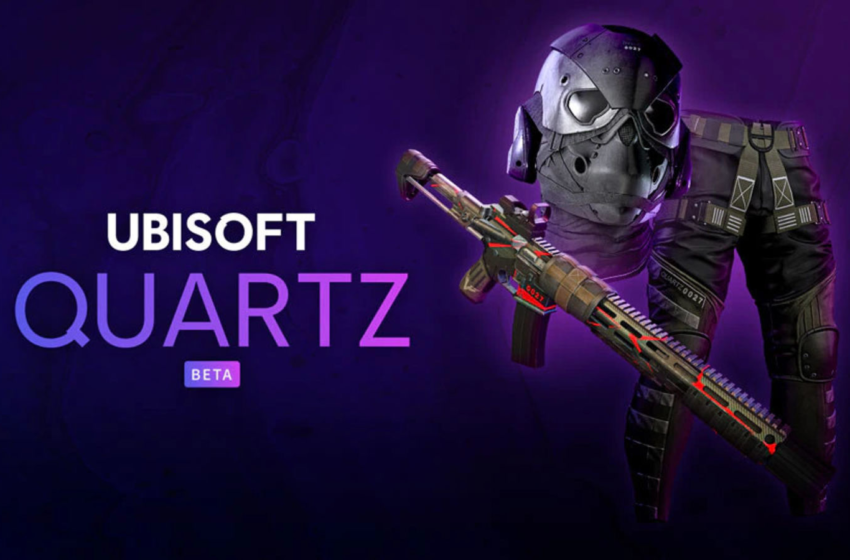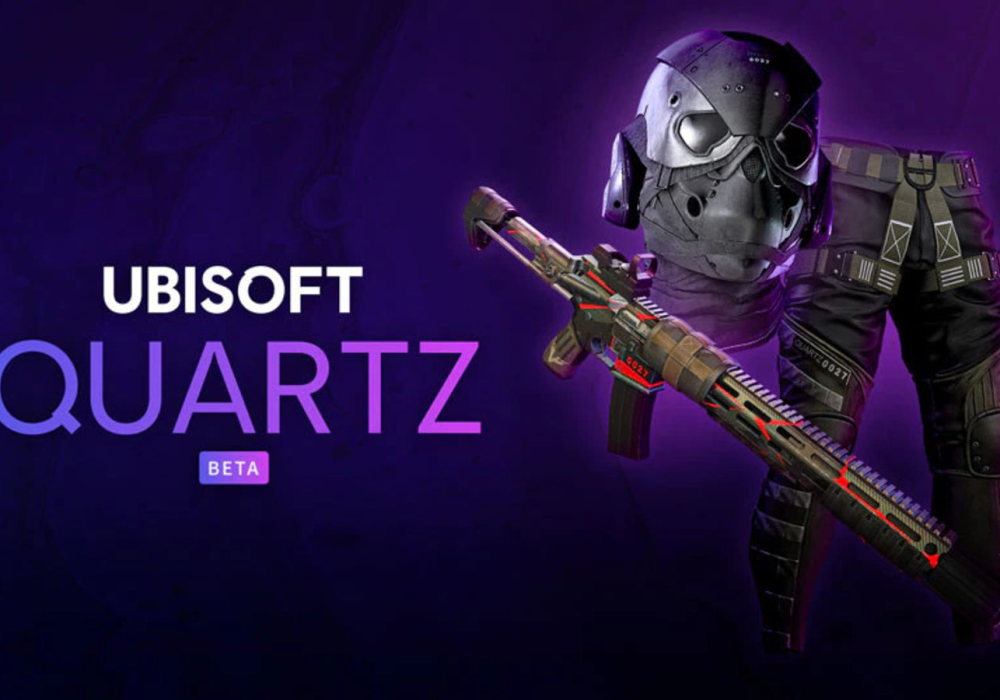Ubisoft were the first huge games company to excitedly launch a line of NFTs then be told by almost everyone no, don’t do that, it sucks. Well done, almost everyone! In a new interview, Ubisoft’s blockchain boys have said people “don’t get it”.
In December 2021, Ubisoft launched a blockchain platform called Quartz, which they would use for NFT virtual items named Digits. They started out with a line of numbered hats and guns in Ghost Recon Breakpoint. The trailer announcing that soon sat with 96% thumbs-down on YouTube, and I don’t know anyone who found the prospect exciting in any way.
On Thursday, Finder published an interview with Nicolas Pouard, VP at Ubisoft’s Strategic Innovations Lab, and Ubisoft blockchain technical director Didier Genevois. Amidst platitudes like “players are always right. Because they are our players, and we love them. And so, they’re always right”, they explained why they think their players are wrong.
“I think gamers don’t get what a digital secondary market can bring to them,” Pouard said. “For now, because of the current situation and context of NFTs, gamers really believe it’s first destroying the planet, and second just a tool for speculation. But what we [at Ubisoft] are seeing first is the end game. The end game is about giving players the opportunity to resell their items once they’re finished with them or they’re finished playing the game itself. So, it’s really, for them. It’s really beneficial. But they don’t get it for now.
“Also, this is part of a paradigm shift in gaming. Moving from one economic system to another is not easy to handle. There are a lot of habits you need to go against and a lot of your ingrained mindset you have to shift. It takes time. We know that.”
Genevois mentioned that only 2500 of Breakpoint’s free NFTs were claimed in the first fortnight.
Pouard also repeated Ubisoft’s interest in the “play-to-earn” model, where games can be in some way profitable for players through blockchain NFT… something. It’ll require special types of game design. As Pouard noted, they won’t be able to just wedge a pay-to-earn economy into an existing game, “It truly needs to be built from scratch.” Aside from the fact that I don’t want my fun to become a part-time job, I remain skeptical that you’d be likely to earn anything actually worth anything.

It sounds like Ubisoft plan to go ahead with their NFT-o-rama, and they think public groaning is only because we don’t understand. I do think that perceptions of in-game item NFTs (where you get something) are harmed by sharing a term with the daft NFT art market (where you get nothing). But I think that even those aren’t the thrilling new opportunity Ubisoft apparently believe, and that a lot of the backlash is from people who can imagine a future of games built on that economic system all too well.
As ex-Valve economist (and former Greek finance minister) Yanis Varoufakis recently observed, a lot of the gaming non-fungible blockchain metaverse is basically what Valve have been doing for years with their games and the Steam Community Market. Yes, I know about selling hats I don’t want. I know about volatile speculative markets built upon artifical scarcity, and illegal gambling too. I get it.
It’s exhausting when we’re intimately familiar with all this yet companies act like their NFTs are a revolutionary new opportunity because this time they’re using the hot tech du jour—a technology which is filling headlines with hype, scams, ludicriously inflated prices, and the ugliest damn Twitter avatars you ever did see.

Gaming NFTs and blockchain metajunk seems to be more of interest to market speculators than people who, like, actually want to play games. This can drive prices up to ridiculous levels, especially in games where NFT objects aren’t just cosmetic. The next game from Peter Molyneux’s 22Cans studio sold £40 million of virtual land NFTs for players to make money off other players, while anyone who knows the work of 22Cans would think even £4 is too high. I can see why game companies find this exciting but I am filled with dread by the prospect of becoming a rent-paying tenant in video games too.
After years of loot box garbage, it’s hard to feel hope in publishers moving to monetisation technologies that are most popular amongst scammers, investors, and rich people flexing. I think that’s why so many people are so vocally against NFTs, why even small stupid things like free numbered hats in Ghost Recon are shouted down—because they don’t want to allow NFTs the slightest opportunity to take root in games and potentially grow into worse things.
It is very funny that Valorant developers Riot Games this week fell over themselves to stress that a fictional character was not into NFTs. Fingers crossed more big developers start to feel embarrassment over being associated with them.










